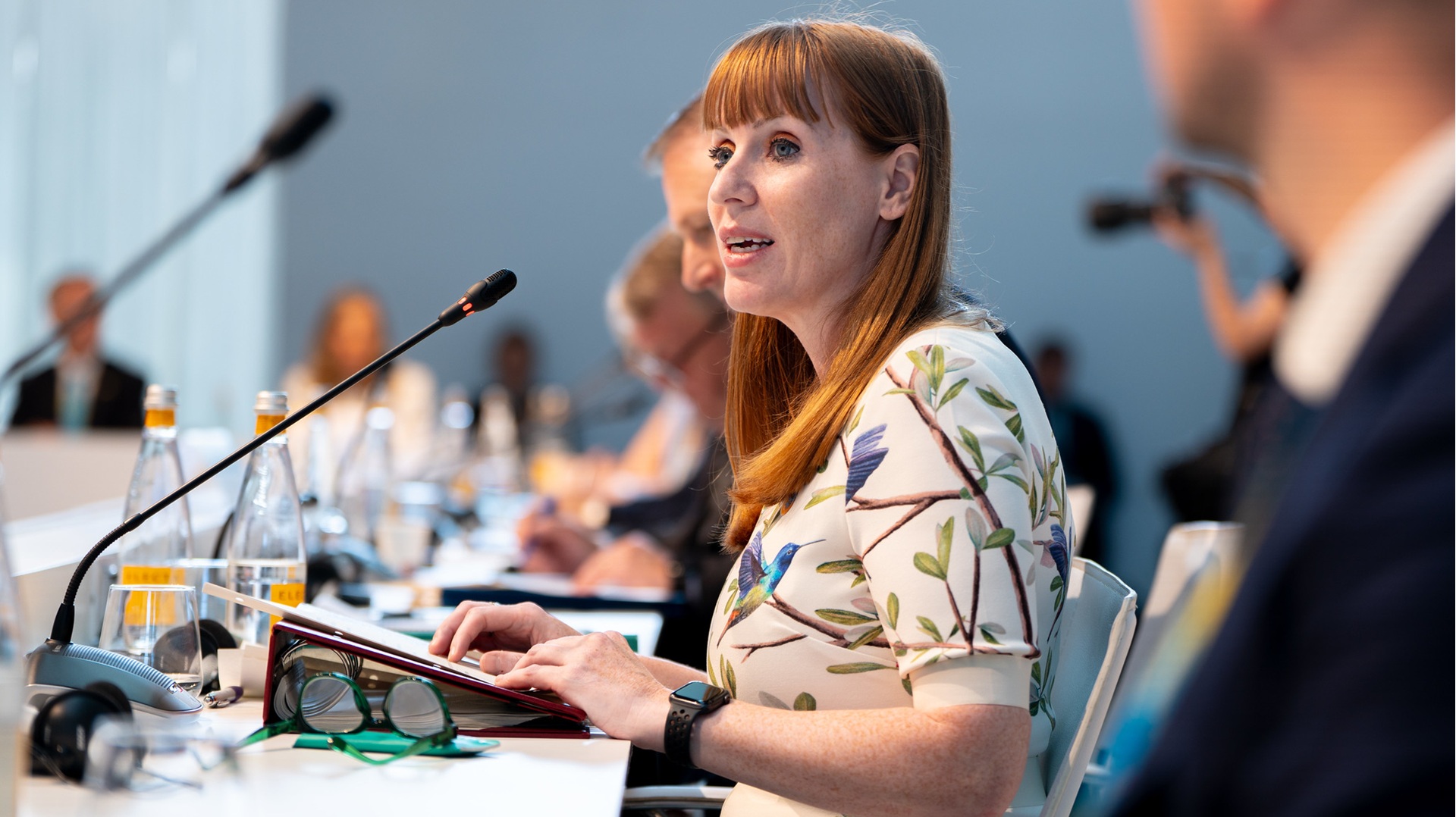For the past 10 days, our UK newspapers have been dominated by Angela Rayner‘s tax affairs, ultimately leading to her resignation as deputy prime minister of the UK. While many newspapers congratulated themselves on the “tenacious” resignation campaign, others argued that Angela Rayner has long been the butt of constant snobbish rage about every aspect of her life, and this elitist condescension steered her treatment in the press ahead of her departure.
Research would broadly support those concerns. Our British Psychology Society 2023 report detailed how class-based stereotypes are widespread, affecting perceptions of competence and status, and are deeply ingrained in our society. Such widely held ideas influence our perception of ourselves and others, as well as the treatment we receive from others. Representation in ‘top jobs’ reflects how ingrained these ideas are and makes them seem more ‘normal’ or even fair or based on merit. Compared to 7% of the adult UK population, most individuals in Britain’s top occupations, such as senior judges (65%) and permanent secretaries in the civil service (59%), are privately educated. Only 10% of UK employees from working-class backgrounds make it into Britain’s higher managerial, professional, or cultural occupations, and women from working-class backgrounds are significantly less represented.
Analysis by Sutton Trust reports that around a third of MPs in the UK parliament were privately educated. Research, such as Sam Friedman’s Not bringing your whole self to work report, has illustrated that when women from working-class backgrounds manage to make it to such ‘top’ jobs, they often report feeling a profound lack of belonging and an inability to be themselves. Disappointingly, our recent research also revealed experiences of unwelcoming ‘top job’ workplaces for working-class women, where they were often negatively evaluated on the way they speak, dress, and engage in leisure pursuits.
Our most recent research investigated how women politicians from working-class backgrounds are portrayed in our newspapers, using a case study of the most reported upon example – Angela Rayner. Our results found that all aspects of her (state school education, teenage pregnancy, speech, clothing, and hair choices) were repeatedly contrasted with those of elite male politicians to imply a deficit in her capabilities and a ‘poor fit’ in parliament. The reporting commonly drew on working-class stereotypes to place her within conflicting expectations, which put her in a no-win situation. Stereotypes about working-class women (e.g., being ‘tough’, not ‘prudy’, about to take ‘the knocks’) were used to celebrate her. But she was also criticised for being too working-class and not conforming to middle-class standards (e.g., too ‘gobby’, not privately educated, wearing ‘split skirts’, being a young grandmother).
Read more:
- Is Labour really declaring war on allotments? Let’s dig into the detail
- Renters make last-ditch plea for Labour to cap sky-high rents in Renters’ Rights Bill
The elite and male-dominant nature of UK politics puts women like Angela Rayner at odds with the traditional notion of the ‘ideal’ politician. These ideals shape who we consider suitable and capable of doing a ‘top job’. They also create ‘others’ – those who do not conform to elite ideals and are, therefore, evaluated as far from ideal by our media. Our research shows that these include working-class origin women politicians, where negative stereotypes are rife in media reporting.





